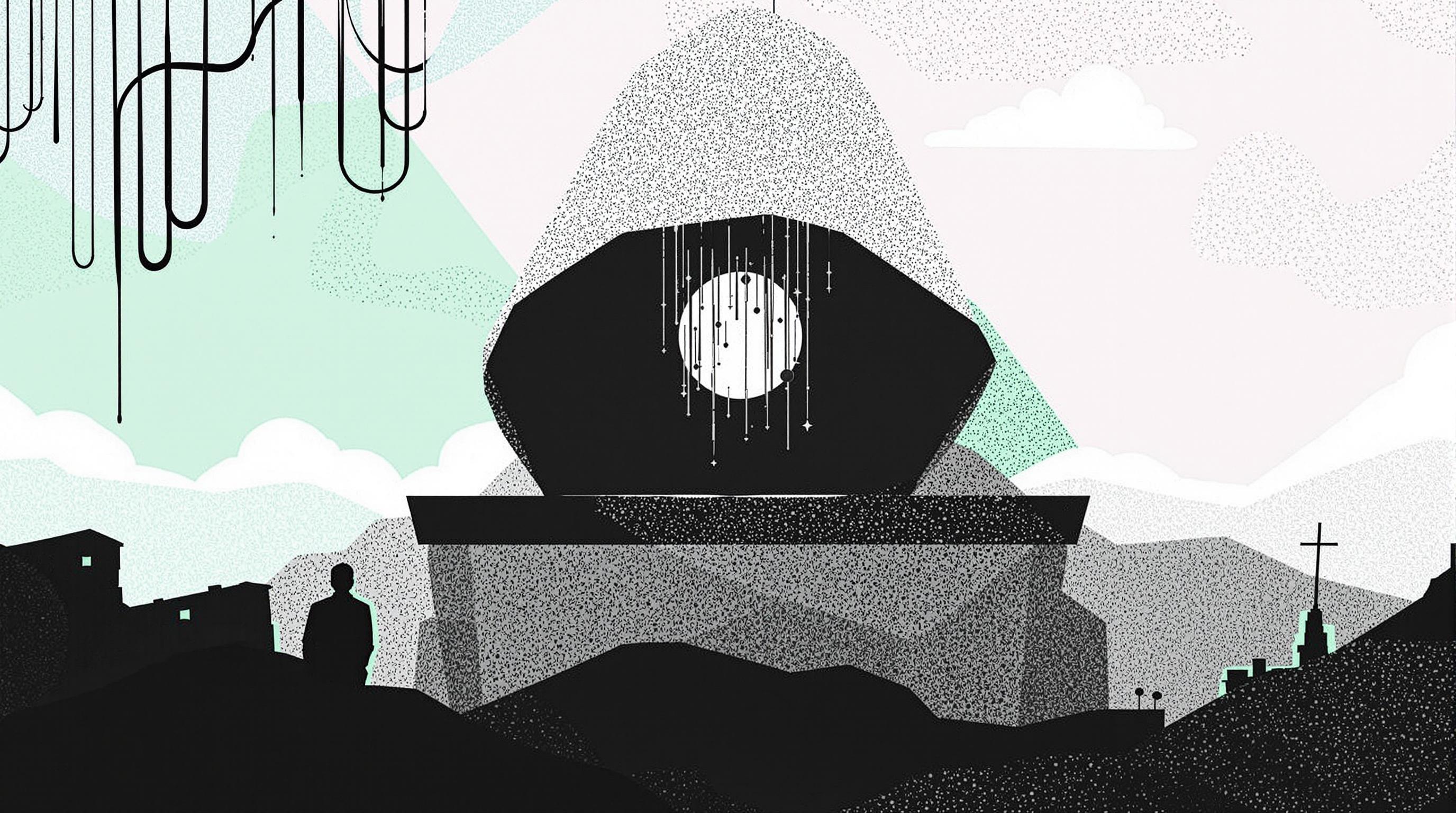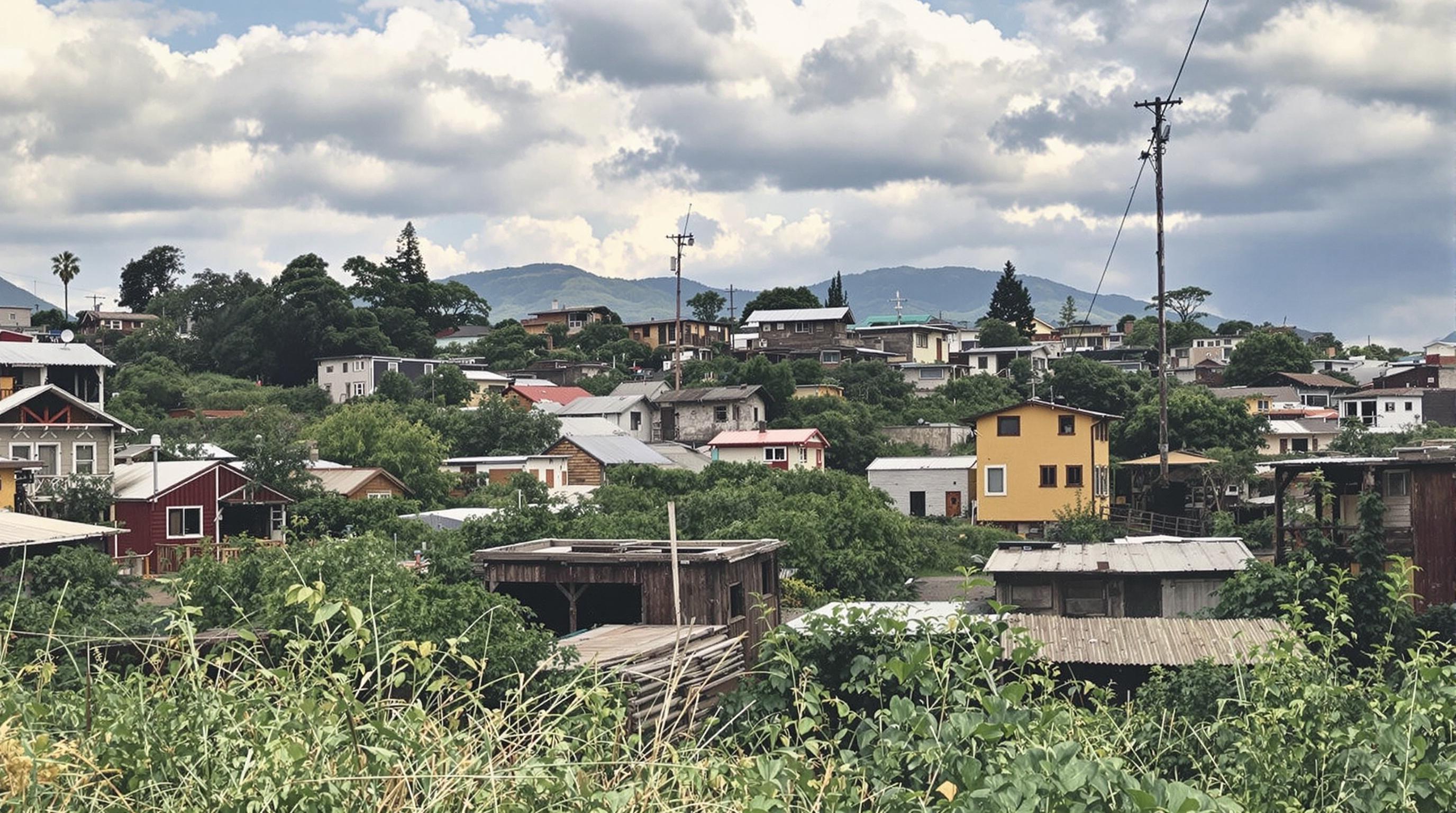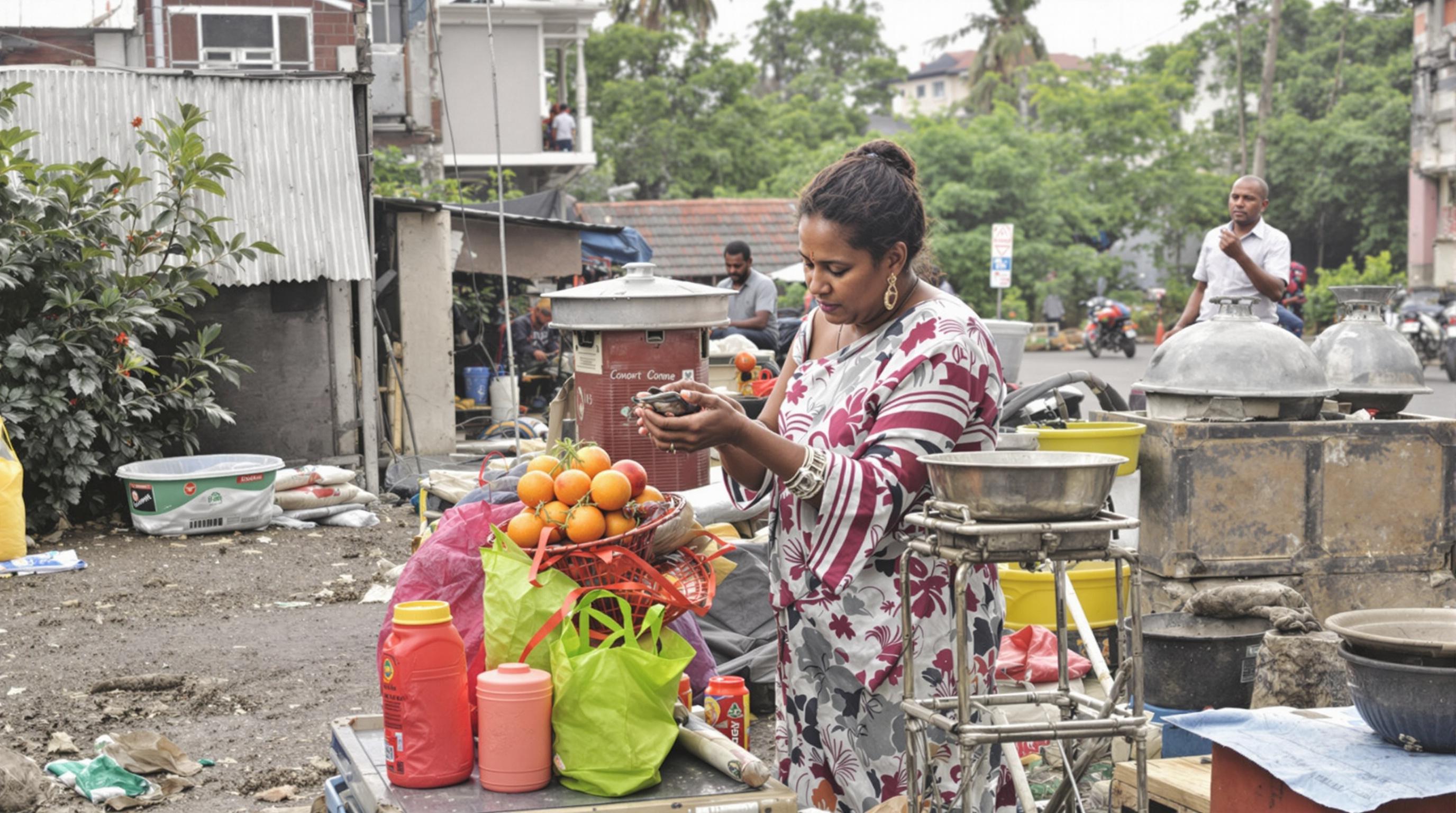Related Articles
- Invisible Threads: How Cultural Heritage Fuels Economic Growth in Off-the-Radar Communities
- How Unconventional Hobbies Can Boost Your Income: Exploring Unlikely Paths to Financial Enlightenment
- Uncommon Currents: How Waterways and Navigation Shaped Unexpected Economic Trajectories in Historical Contexts
- Whispers of Change: The Unlikely Role of Folklore in Crafting Today’s Privacy Policies and Data Protection Laws
- Surreal Shifts: The Unforeseen Role of Psychedelic Wellness in Global Consumer Preferences
- Unveiling the Financial Folly: How Conspiracy Theories Influence Market Behavior and Investor Sentiment
Fringe Economies: How Dark Web Transactions are Reshaping Financial Landscapes in Developing Countries
Fringe Economies: How Dark Web Transactions are Reshaping Financial Landscapes in Developing Countries
Fringe economies are rapidly emerging in developing countries, driven in part by the anonymity and accessibility of dark web transactions. These clandestine financial systems challenge traditional banking, create new economic opportunities, and pose unique risks to societies struggling against poverty and inequality.
The Dark Web: A Primer
Before delving deeper, let’s get the basics straight. The dark web refers to parts of the internet that aren’t indexed by standard search engines. You need special software, like Tor, to access this hidden world. Although often associated with illicit activities, it’s a collective term encompassing both criminal enterprises and legitimate uses, like protecting privacy. In developing countries, where governments may be weak and authoritarian, this anonymity can be a double-edged sword.
Statistics That Shock
As of 2023, it’s estimated that over 3 million transactions were processed on the dark web monthly, with an increasing percentage from developing countries. In a survey conducted by the Cybersecurity & Infrastructure Security Agency, around 46% of respondents in regions like Sub-Saharan Africa reported that they had engaged in some form of dark web transaction in the past year. This staggering number indicates not just participation but a growing normalization of such practices.
Dark Web Case Study: Nigeria
Let’s take Nigeria, for instance. An emerging tech hub, Nigeria has seen a substantial rise in online commerce, including dark web platforms. A local startup has taken advantage of this trend by facilitating transactions in bitcoin, allowing users to buy and sell goods and services with little oversight from the government. While this helps facilitate trade, it’s also raised concerns about buyer protections and scams. A 2020 report noted that Nigerian cybercrime cost the economy an estimated $1 billion, illustrating the potential dangers of unregulated economies.
Benefits of Dark Web Economies
Despite the potential pitfalls, dark web transactions offer several benefits for those in developing nations. One primary advantage is the ease of accessing financial services when traditional banks are often out of reach. For instance, in countries where fewer than 30% of the population has bank accounts, dark web platforms provide a necessary lifeline. Individuals can conduct business without the towering fees and bureaucratic hurdles of traditional banking systems.
Empowerment Through Anonymity
The anonymity provided by dark web transactions can also empower marginalized populations. Women, for instance, may find it easier to pursue business opportunities without scrutiny or social stigma. Moreover, cryptocurrencies enable people to bypass local currency fluctuations and inflation, offering a more stable store of value. In Venezuela, where hyperinflation rendered local currency nearly worthless, many citizens turned to cryptocurrencies as a viable solution.
A Light-Hearted Look at the Dark Side
Now, wouldn’t it be funny if we treated our underworld transactions like a friendly neighborhood yard sale? Imagine haggling over the price of a rare item in bitcoin while chatting about the weather. “I’ll trade you this stolen data for a month’s supply of encrypted VPN – deal?” Sounds ridiculous, right? Yet, some savvy traders are doing just that! The dark web might not have the laid-back vibes of your local market, but there’s something amusing about how it mirrors everyday trade scenarios.
Risks and Ethical Concerns
Of course, you can’t treat the dark web like a digital flea market without acknowledging the darker aspects. With any economy that operates outside the mainstream, there are inherent risks. Scams are rampant; a 2023 study showed that 70% of users reported a negative experience ranging from fraud to outright theft. Vulnerable populations often fall prey to these scams, exacerbating their economic struggles.
Impact on Community Trust
The emergence of dark web economies can fracture community trust. When transactions are fraught with deception, it creates an environment where individuals feel they can’t rely on one another. It’s ironic because, in many developing nations, community networks often serve as the backbone of economic resilience. The shift towards an anonymous financial construct risks eroding these foundational relationships.
Government Response: The Fine Line
What should governments do in response? It’s a fine line to tread. Some nations have taken draconian measures to crack down on the dark web, which often backfires and drives transactions further underground. Alternatively, a more balanced approach would be needed, focusing on regulation rather than eradication. For instance, a pilot program in India aimed to bring aspects of dark web trading into formal structures by offering training on safe internet practices and crypto transactions. This initiative has reported a 40% decrease in scams, showing that education is key.
The Future of Fringe Economies
So, what lies ahead for dark web transactions in developing countries? The evolution of blockchain technology might play a crucial role. With decentralized financial systems gaining traction, there’s potential for creating safer, regulated environments for these transactions. Moreover, as digital literacy improves, communities may become mouthpieces for ethical trading practices that could reshape these fringe economies into something sustainable.
The Role of Education and Awareness
It cannot be stressed enough: education is vital. In many instances, individuals don’t fully grasp the implications of their actions online. Workshops teaching about the risks associated with dark web transactions have proven effective, as have partnerships with local organizations to spread awareness about safe practices. A local nonprofit in Kenya successfully trained over 5,000 individuals in 2021, significantly reducing internet-related crimes.
Building Resilient Economies
More optimistic narratives around dark web economies emphasize potential resilience. Some experts argue that if harnessed correctly, these financial systems could promote grassroots entrepreneurship. For instance, the rise of local marketplaces on the dark web has given artisans in South America access to a global clientele, allowing them to stabilize their income amidst fluctuating local markets.
Conclusion
In conclusion, while dark web transactions are reshaping financial landscapes in developing countries, they present both opportunities and challenges. As we navigate this murky terrain, focusing on education, ethical practices, and innovative solutions can harness the power of these fringe economies for greater good. Engaging proactively with the dark side of the internet rather than shunning it can provide communities the tools to thrive in an ever-evolving economic environment.
As we move into a future influenced by technology, understanding the dynamics of dark web transactions will be crucial for policymakers, entrepreneurs, and everyday citizens alike. After all, whether we’re haggling over a stolen painting or trading in cryptocurrency, the fundamental human drive to connect and trade remains the same.




